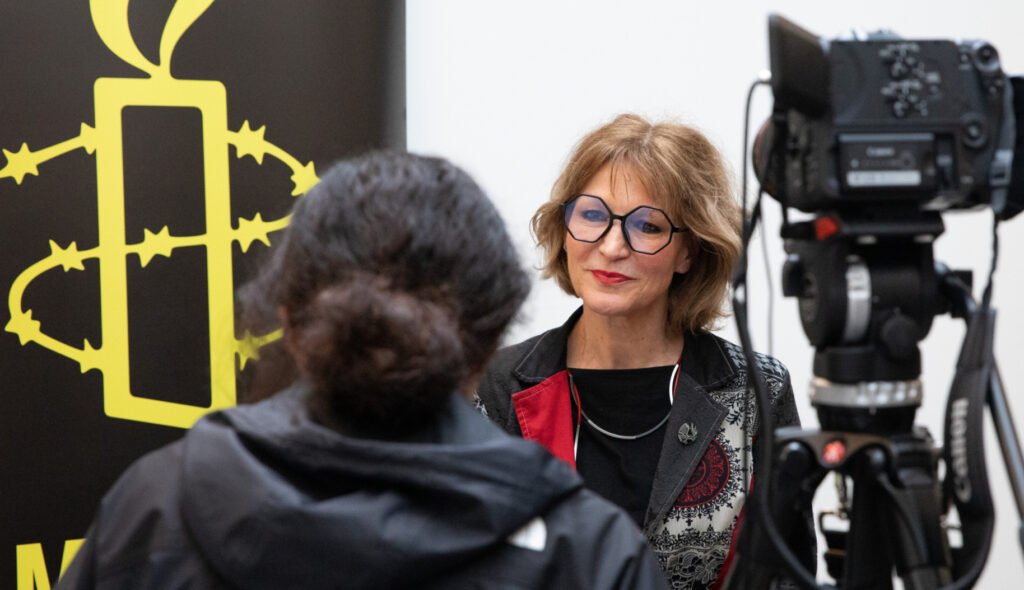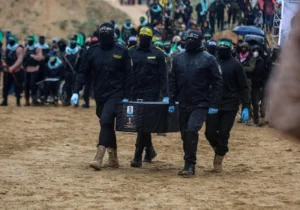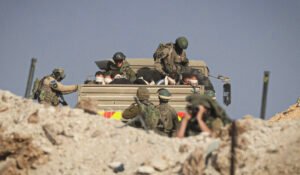Amnesty accuses Israel of ‘genocide’ in Gaza, states evidences

Amnesty International
Amnesty International accused Israel of “genocide” as the war in the war-torn enclave continues to claim the lives of civilians, especially women and children.
The allegations are based on evidence including satellite imagery, fieldwork, eyewitness testimonies, and statements from Israeli officials, which Amnesty claims demonstrate actions aimed at destroying Gaza’s population.
Amnesty’s 300-page report pointed at “direct deliberate attacks on civilians and civilian infrastructures where there was no Hamas presence or any other military objectives,” the blocking of aid deliveries, and the displacement of 90 percent of Gaza’s 2.4 million people.
It added that Palestinians have been subjected to “malnutrition, hunger, and diseases” and exposed to a “slow, calculated death.”
Reactions from the international community have been deeply divided. While some independent UN human rights experts have previously accused Israel of genocide, others, including the United States government, have dismissed Amnesty’s claims as unfounded.
Israeli officials have repeatedly and forcefully denied all such allegations, accusing Hamas of using civilians as human shields. “The deplorable and fanatical organization Amnesty International has once again produced a fabricated report that is entirely false and based on lies,” the Israeli foreign ministry said. “Israel is defending itself… acting fully in accordance with international law.”
Amnesty chief Agnes Callamard accused Israel of treating the Palestinians in Gaza “as a subhuman group unworthy of human rights and dignity, demonstrating its intent to physically destroy them.” “Our damning findings must serve as a wake-up call to the international community: this is genocide. It must stop now,” she said in a statement.
Recall that in December 2023, South Africa brought a case to the International Court of Justice accusing Israel of violating the Genocide Convention, but the case remains under review.
The contentious report underscores the profound divisions and complexities surrounding the conflict, as well as the urgency of addressing its humanitarian toll.







